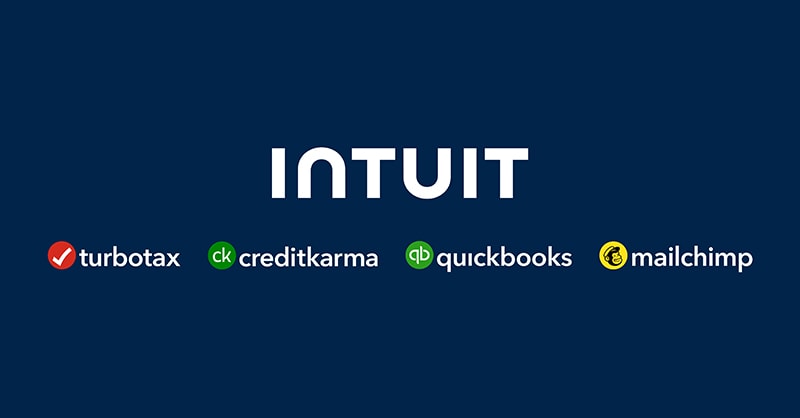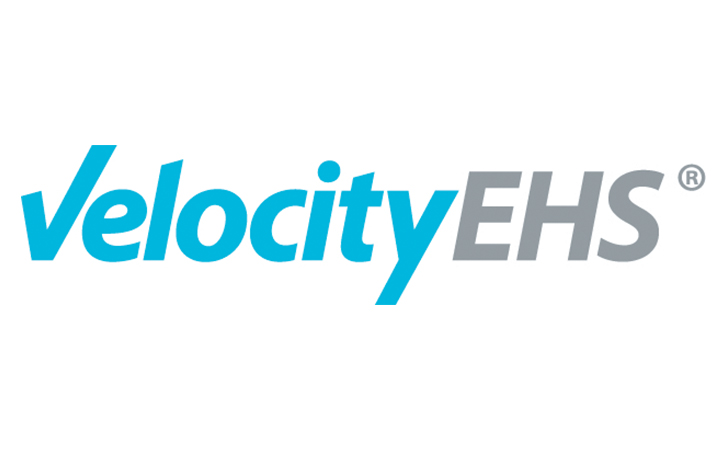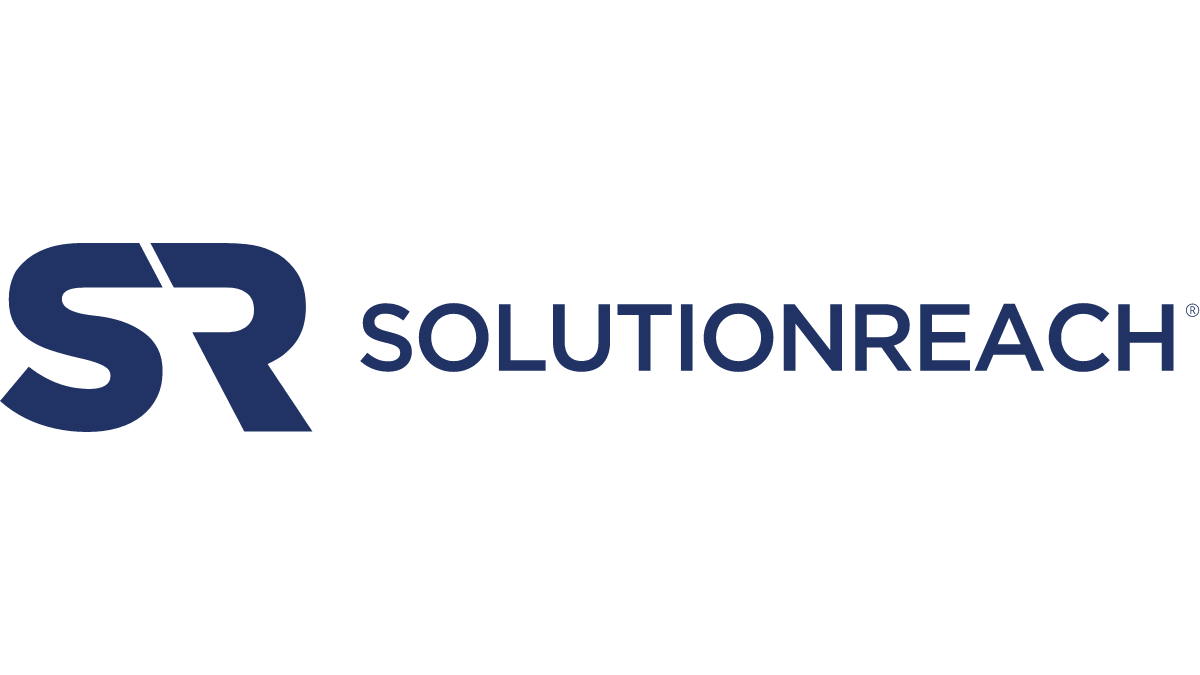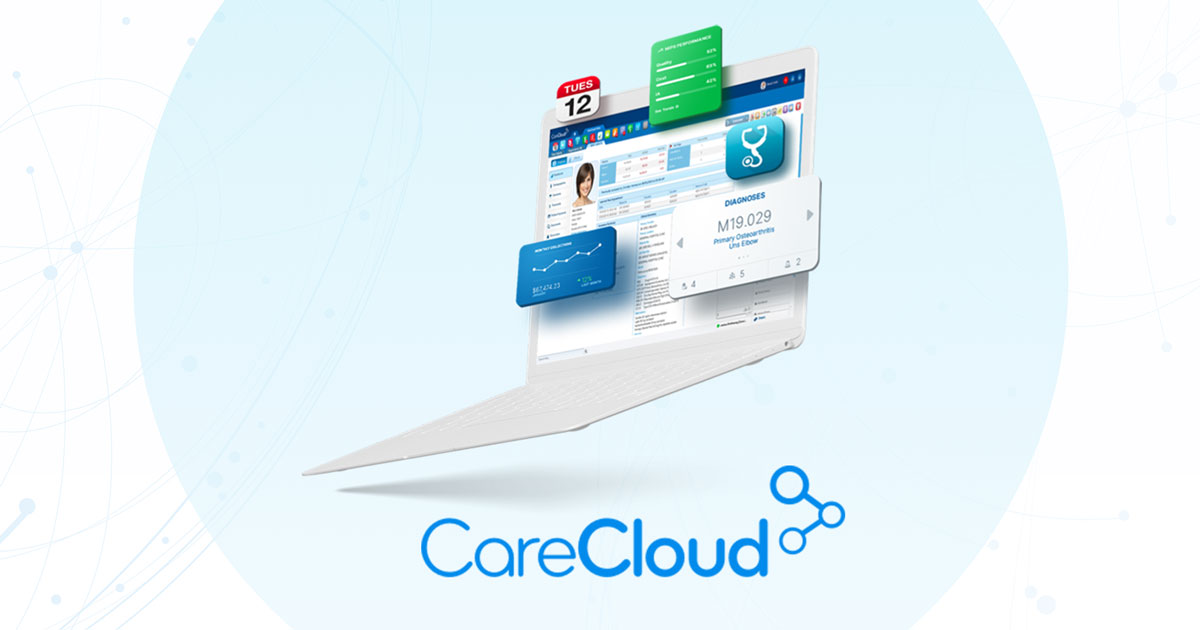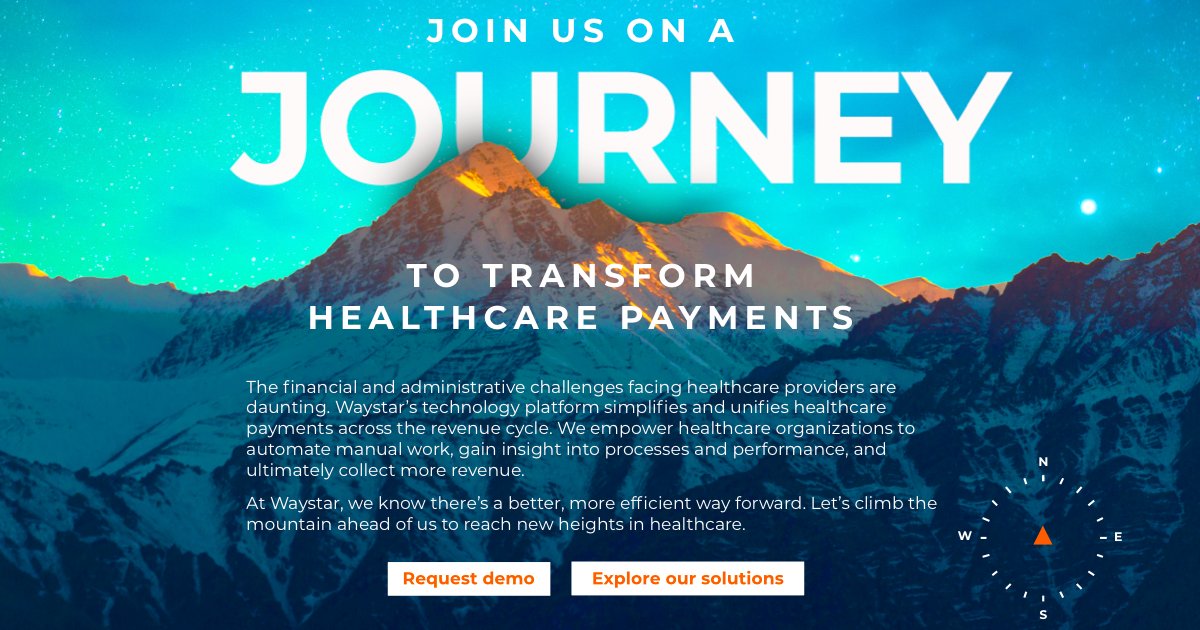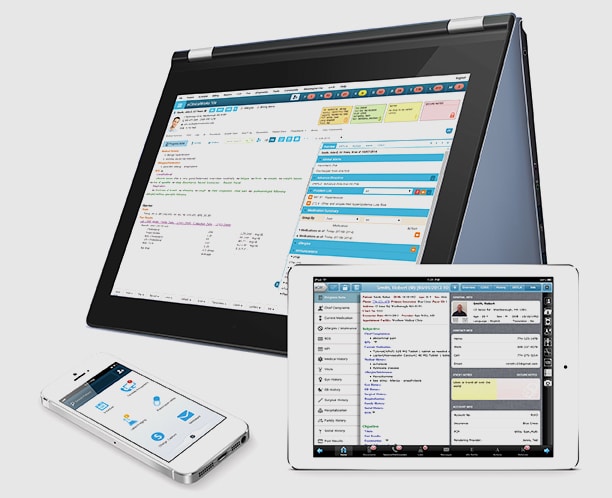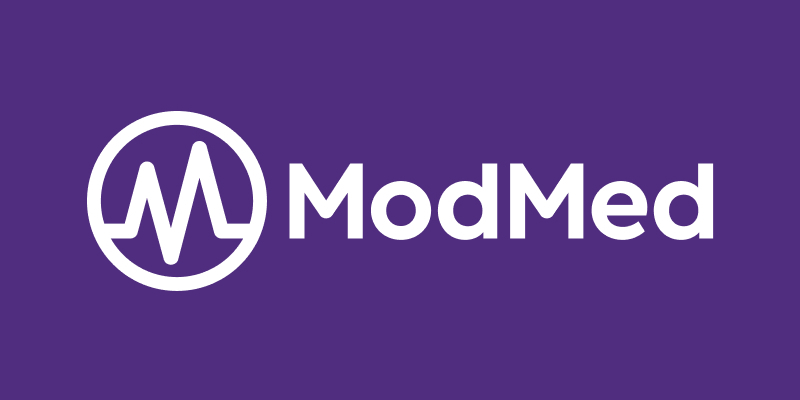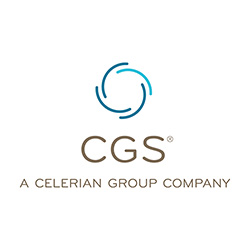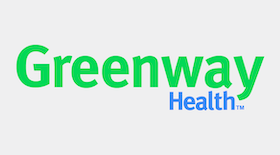Introduction
Managing a busy medical practice efficiently requires leveraging the right tools and technology. Medical practice management (PM) software streamlines administrative tasks like scheduling, billing, reporting and communications. It allows practices to focus more on patient care. This article evaluates the top 15 medical PM solutions based on key criteria to help you choose the right fit for your needs.
Methods of Evaluation
We reviewed each solution based on features, ease of use, integrations, pricing, support and customer reviews. Additional criteria included annual website traffic and search volume data to gauge popularity, as well as keyword ranking trends. The number of backlinks and domain authority were also considered as indicators of reputation and trust online.
1. Intuit QuickBooks
Intuit QuickBooks is one of the most popular accounting and practice management software solutions for small and medium-sized businesses. QuickBooks has been in the market for over 30 years and is well known for its easy to use interface and flexibility. It offers both online and desktop versions to suit different practice needs.
Pros: Key advantages of Intuit QuickBooks:- Well established solution trusted by millions of users – Flexible online and offline solutions to suit user needs – Wide range of integrations available with popular third party apps – Robust feature set for accounting, billing, inventory and more
Cons: Higher pricing compared to some competitors – Learning curve for new users transitioning from manual systems – Some advanced features only available in premium versions
Pricing: QuickBooks pricing starts from $20 per month for the essentials plan and goes up to $80 per month for the highest plan with additional features like time tracking, professional services capabilities etc. There are also annual plan options that provide discounts.
Some key stats about Intuit QuickBooks:- Used by over 6 million small businesses worldwide – Available in over 100 countries – Supports over 50 local bank integrations – Supports over 30 third party integrations like payment gateways, invoicing apps, etc.
2. Acuity Scheduling
Acuity Scheduling is an online appointment scheduling software used by medical practices, salons, and other professional services to manage their bookings. Founded in 2006 and based in St. Louis, Missouri, Acuity Scheduling offers a customizable calendaring and scheduling platform to automate workflows and improve client/patient access.
Pros: Some key advantages of Acuity Scheduling include:
– Online booking and calendaring software for easy client self-service scheduling
– Integrations for billing and EHR systems like Epic for a seamless workflow
– Appointment reminders and confirmations sent via text, phone or email to reduce no-shows
– HIPAA compliant and secure platform to protect sensitive patient information
Cons: One potential disadvantage is that the basic plan only allows for one provider/location which may not meet the needs of larger practices. However, they do offer scaled pricing for additional providers/locations.
Pricing: Acuity Scheduling offers three paid plans – Basic, Professional and Business. Pricing starts at $25/month for the basic single provider plan and scales up based on additional providers and locations. They also offer a free 14-day trial to test out the software.
Some key stats about Acuity Scheduling include:
– Over 150,000 users worldwide
– Supports scheduling via website, text, email and phone
– Integrates with over 250+ practice management systems including Epic, athenahealth and Cerner
– 98% client retention rate
3. Cerner
Cerner is an American supplier of health information technology solutions, services, devices and hardware. Founded in 1979 and headquartered in North Kansas City, Missouri, Cerner’s solutions and services include hospital and health care information systems, cardiology, surgery, homecare, behavioral health, learning and population health.
Pros: Some key advantages of Cerner include:
– Large company with many customization options to meet the needs of different healthcare providers and systems
– Offers a full range of healthcare IT solutions beyond just practice management including EHR, revenue cycle management, analytics and more
– Focuses heavily on hospitals and large physician groups given its roots in serving health systems
– Makes strong investments in research and development to continually develop and enhance its technology
Cons: One potential disadvantage is the size and complexity of Cerner solutions which means they are best suited for large healthcare providers rather than small independent or specialty practices that may find the solutions too extensive for their needs.
Pricing: Cerner pricing varies depending on the specific solutions implemented but they generally offer both perpetual and subscription-based software licensing models. Implementation, support and hosting fees also apply. Given the scale and complexity of Cerner solutions, total costs tend to be higher than smaller, more niche competitors.
Some key stats about Cerner include:
– Over 30,000 facilities worldwide use Cerner solutions
– Revenue of $5.77 billion in 2021
– Employs over 27,000 people globally
– Serves over 1 billion clinical encounters per year
4. DentalPlans
DentalPlans is a leading dental plan administration software catered specifically for insurers and third party administrators. The cloud-based platform automates key business processes through an all-in-one solution to streamline operations.
Pros: Key advantages of the DentalPlans software include:
– Tools to facilitate eligibility verification, claims management, reporting and more tailored to dental plans
– Specialized expertise in the dental insurance domain benefits users
– Automates complex administrative tasks to boost efficiency
Cons: A potential disadvantage is the learning curve required to fully utilize the specialized functionality of a niche dental insurance administration platform.
Pricing: Pricing for DentalPlans is tailored to each organization and is based on member enrollments and other factors. Users can request a customized quote on the DentalPlans website.
Some key stats about DentalPlans include:
– Over 15 years of experience in the dental insurance industry
– Manage over $2 billion in annual dental claims
– Used by more than 50 dental insurance companies
5. NextGen Healthcare
NextGen Healthcare is one of the leading medical practice management software providers. Founded in 1969, NextGen offers an integrated suite of Electronic Health Records (EHR), Practice Management, Patient Engagement and Population Health solutions. Their solutions aim to help practices manage workflow, billing, and communications more efficiently.
Pros: Some key advantages of NextGen Healthcare include:
– User-friendly and customizable EHR software
– Built-in billing, reporting, and practice analytics
– Cloud and on-premise deployment options
– Integrations with third-party apps like patient portals and telehealth solutions
Cons: One potential disadvantage is its higher pricing compared to some other EHR vendors. Prices vary based on factors like number of providers and modules selected but it is on the more expensive side overall.
Pricing: NextGen Healthcare offers flexible pricing models depending on the needs and size of the practice. Pricing starts at around $150-$300 per provider per month for the core EHR and PM solutions. Additional modules, support plans, and implementation fees apply. They also offer scalable plans for larger enterprises.
Some key stats about NextGen Healthcare include:
– Used by over 50,000 medical providers
– Supports over 750 specialties and subspecialties
– Processes over 2 billion transactions annually
– Serves over 100 million patients
6. VelocityEHS
VelocityEHS is a leading provider of occupational health and safety (OHS) and environmental, social and governance (ESG) software. Founded in 1996, VelocityEHS helps organizations in regulated industries meet industrial hygiene, emergency response, environmental management and safety compliance requirements. With its VelocityEHS software solutions, VelocityEHS aims to help clients streamline processes, improve compliance and drive sustainable business outcomes.
Pros: Some key advantages of VelocityEHS solutions include: - Specialist in occupational health and safety with focus on regulated safety documentation and compliance tools - Integrated EHR, scheduling and safety training management for efficient risk and incident management - Built-in training and credentialing features to help ensure staff competence - Mobile access to safety data and inspections for increased flexibility
Cons: One potential disadvantage is that as a specialist EHS software, it may not be as full-featured for other business functions like HR or facilities management compared to broader ERP solutions.
Pricing: Pricing for VelocityEHS solutions depends on the number of users, modules selected and required customizations. They offer flexible pricing plans including monthly and annual subscriptions. Potential customers can request a live product demo and customized quote on their website.
Some key stats about VelocityEHS include: - Over 9,500 customers worldwide in industries like manufacturing, construction, energy and utilities - Supports users in more than 80 countries - Processes over 2 billion data points annually - Features built-in regulatory content for countries like U.S., Canada, United Kingdom and Australia
7. Allscripts
Allscripts is a leader in healthcare IT solutions, providing electronic health records (EHR), practice management, revenue cycle management, and analytics platforms. Founded in 1986 and headquartered in Chicago, Allscripts solutions are used by thousands of hospitals, physician practices, pharmacies, and post-acute organizations worldwide.
Pros: Some key advantages of Allscripts include: they offer a full healthcare IT platform ideal for hospitals and larger physician groups; they have a long history and brand recognition with a vast provider network; their EHR, practice management, financials and analytics solutions are fully integrated; they work best for multi-specialty physician practices that prefer an all-in-one solution.
Cons: A potential disadvantage is their solutions may be overly complex and costly for smaller independent practices.
Pricing: Allscripts pricing varies based on the specific solutions implemented but generally starts in the $50-100 per provider per month range for their EHR and practice management platforms. Larger organizations and those implementing their full suite of solutions can expect to pay over $150 per provider monthly on average.
Some key stats about Allscripts include: they support over 180,000 physicians, 2,500 hospitals and 25,000 post-acute facilities. They have over 180 million patient records in their network. Allscripts touches approximately 1 in 3 healthcare visits in the United States each year.
8. Solutionreach
Solutionreach is a leading patient engagement and practice management software platform designed specifically for small specialty practices. Founded in 2011 and headquartered in Minneapolis, Solutionreach offers an all-in-one cloud-based solution to streamline workflows and enhance patient communication.
Pros: Some key advantages of Solutionreach include:
– Intuitive and easy-to-use interface praised for its user experience design
– Robust analytics dashboards and reports to enhance oversight of practice operations
– Automated communications like appointment reminders, receipt of payments and service surveys enhance the patient experience
Cons: One potential disadvantage is that as a more specialized solution, it may not be as full-featured for large multi-specialty practices compared to more general practice management systems.
Pricing: Solutionreach offers flexible pricing plans starting at $99 per month for a single provider practice. Additional providers, features and integrations such as eClinicalWorks EHR integration are priced accordingly. The platform also offers a free 30-day trial to new customers.
Some key stats about Solutionreach include:
– Over 12,000 medical practices currently use Solutionreach worldwide
– Supports over 120 specialties including dermatology, optometry, dental and more
– Facilitates over 800 million patient communications annually
9. CareCloud
CareCloud is a leading cloud-based healthcare IT company that offers an electronic health record (EHR) system, revenue cycle management tools, telehealth solutions and more. Founded in 2005, CareCloud serves over 75,000 providers across various specialties including dermatology, ophthalmology, and others. Their platform is fully built on the Salesforce platform allowing for deep customization capabilities.
Pros: Some key advantages of the CareCloud platform include:
– Fully featured EHR with built-in billing, scheduling and reporting tools
– Customizable workflows to match each specialty and practice needs
– Seamless integrations with various 3rd party apps and medical devices
– Built on Salesforce so it has extensive customization without additional coding
– Dedicated customer success team for implementation and ongoing support
Cons: One potential disadvantage is that the upfront implementation costs may be higher compared to some other competitors due to the customization capabilities.
Pricing: CareCloud offers different pricing tiers based on the number of providers and features needed. On average, their monthly subscription starts from around $99 per provider.
Some key stats about CareCloud include:
– Over 75,000 providers currently use their solutions
– Specialize in verticals like dermatology and ophthalmology
– Fully HIPAA compliant cloud-based platform
– Integrate with over 50 medical devices and systems
10. Waystar
Waystar is a leading provider of healthcare revenue cycle management solutions. Founded in 2002, Waystar focuses exclusively on solutions for healthcare providers. They currently serve over 5,500 healthcare organizations across all 50 U.S. states.
Pros: Some key advantages of Waystar include:
– Strong revenue cycle management solutions that automate authorization, claims, appeals and other workflows
– Data insights and financial analytics reporting to improve performance
– Wide range of integrations for labs, patient portals, EMRs and other systems
– Support for both small and large practices with scalable solutions
Cons: One potential disadvantage is the upfront costs of implementation and software licensing which may be prohibitive for some smaller practices.
Pricing: Waystar offers flexible pricing models including perpetual licenses, software as a service (SaaS) subscriptions, and transaction-based pricing. Implementation, customization and ongoing support services are also available for an additional fee. However, pricing details vary based on individual business needs and requirements.
Some key stats about Waystar include:
– Over 5,500 healthcare organizations as customers
– Serves customers in all 50 U.S. states
– Focuses exclusively on healthcare revenue cycle management
– Founded in 2002 with over 20 years of industry experience
11. eClinicalWorks
eClinicalWorks is a cloud-based electronic health records (EHR) and practice management software developed by eClinicalWorks. Founded in 2001, eClinicalWorks is one of the largest and most established EHR vendors in the United States, currently used by over 30,000 medical practices.
Pros: Some key advantages of eClinicalWorks include:
– Comprehensive EHR and practice management system in a single integrated solution
– Includes revenue cycle management and patient portal access
– Intuitive and easy to use interface designed for both physicians and administrative staff
– Robust system that can accommodate the needs of both standalone and multi-specialty practices
Cons: One potential disadvantage is that with such a comprehensive system, the learning curve may be steeper compared to other more focused EHR solutions. Physicians and staff need to spend adequate time getting fully accustomed to all the features.
Pricing: eClinicalWorks offers monthly subscription pricing based on a few factors like number of providers, specialty type, add-on modules needed. Typical pricing ranges from around $150-$300 per provider per month.
Some key stats about eClinicalWorks include:
– Used by over 30,000 medical practices in the U.S.
– Serves both small private practices and large hospital systems
– Supports over 150 specialty types including primary care, pediatrics, OB/GYN, behavioral health and more
12. DrChrono
DrChrono is a leading cloud-based EHR and practice management software for medical practices. Founded in 2015, DrChrono offers a complete all-in-one solution to manage patient records, schedule appointments, handle billing and collections, and simplify administrative tasks.
Pros: Some key advantages of DrChrono include:
– Feature-rich yet easy to use EHR interface
– Built-in scheduling, billing, and practice management tools to simplify workflows
– Excellent mobile app allowing secure remote access to patient records
– Affordable pricing plans available for practices of all sizes
Cons: One potential disadvantage is that the free forever plan has limited features and access compared to the paid subscription plans.
Pricing: DrChrono offers several affordable pricing tiers to fit different practice sizes and needs. Basic plans start from $99/month for a single provider and scale up based on the number of providers and features needed.
Some key stats about DrChrono include:
– Used by over 25,000 medical providers
– Supports over 40 medical specialties
– Processes over $6 billion in annual healthcare claims
– Integrates with over 50 medical billing services
13. Modernizing Medicine
Modernizing Medicine is an industry leader providing practice management software specifically tailored to specialties like dermatology. Founded in 2010, they have grown to serve over 3,000 specialty practices nationwide.
Pros: Some key advantages of Modernizing Medicine include:
– Specialized dermatology practice management built by dermatologists
– Integrated software, devices, and support ecosystem
– Dedicated support engineers provide live assistance
– Software designed to optimize workflows and maintain compliance
Cons: A potential disadvantage is the focus only on certain specialty practices like dermatology rather than a broader multi-specialty EHR.
Pricing: Modernizing Medicine offers various pricing tiers depending on practice needs. Pricing starts at $249/physician/month for the basic EMR plan and scales up from there with additional modules and support plans.
Some key stats about Modernizing Medicine include:
– Serving over 3,000 specialty practices in the US
– Specialized EHR systems designed by physicians in each specialty
– Integrated ecosystem of software, devices, and support
14. CGS Administrators
CGS Administrators offers powerful medical practice management software tailored specifically for healthcare providers that accept Medicare patients. As a leading Medicare clearinghouse provider, CGS processes millions of Medicare claims each year and has deep expertise in navigating Medicare’s complex rules and requirements.
Pros: Key advantages of CGS Administrators’ software include:
– Ability to handle extremely large volumes of Medicare claims efficiently
– Strong integrations that minimize disruptions to existing workflows
– Many submission options available including electronic, paper, and direct data entry
Cons: A potential disadvantage is that the software may be more tailored towards larger practices, since CGS specializes in high-volume Medicare claims processing.
Pricing: Pricing details are available upon request and vary depending on practice size and specific requirements. CGS offers both monthly subscription and per-claim pricing models.
Some key stats about CGS Administrators’ medical practice management software include:
– Processes over 1 billion claims annually for Medicare
– Supports over 100,000 healthcare providers nationwide
– Integrations with over 30 major EHR and practice management systems
15. Greenway Health
Greenway Health is a leading provider of integrated electronic health records (EHR), practice management, and interoperability solutions for medical practices. Founded in 1998, Greenway serves over 30,000 provider sites. Their flagship product is PrimeSuite, an integrated EHR and practice management system designed to streamline workflows and improve overall operations for medical practices.
Pros: Some key advantages of Greenway Health PrimeSuite include:
– Comprehensive EHR and practice management tools to support all areas of a medical practice from scheduling to billing.
– Specialized workflows tailored for primary care and various specialty practices like pediatrics, OB/GYN etc.
– Robust reporting and business intelligence dashboard for analyzing KPIs and revenue cycle metrics.
– Dedicated client services teams for onboarding, training, and ongoing support.
Cons: One potential disadvantage is the upfront investment required for an integrated EHR and practice management system. The implementation and ongoing subscription costs of PrimeSuite may be higher than standalone or best-of-breed solutions.
Pricing: Pricing for Greenway Health PrimeSuite varies based on practice size and needs. Generally, customers can expect an initial Software & Services fee followed by ongoing SaaS subscription fees. Implementation typically ranges from $25,000-50,000 while monthly platform access starts at $150/provider per month.
Some key stats about Greenway Health and PrimeSuite:
– Serves over 30,000 provider sites including primary care, specialty, and multi-specialty groups.
– Supports over 100,000 providers.
– 90% client retention rate.
– Integrates with over 50 health information networks for seamless exchange of clinical data.
Conclusion
While most major PM software providers offer comprehensive feature sets, certain solutions stood out based on specialized functionality, pricing affordability, user reviews and marketing metrics. Top overall picks that received the highest combined scores include Intuit QuickBooks, Acuity Scheduling and Modernizing Medicine. For large practices, Allscripts and Cerner lead the way. Budget-friendly options like DrChrono and Solutionreach also make the list. Consider your unique needs to identify the best medical PM software for your practice in 2023.




